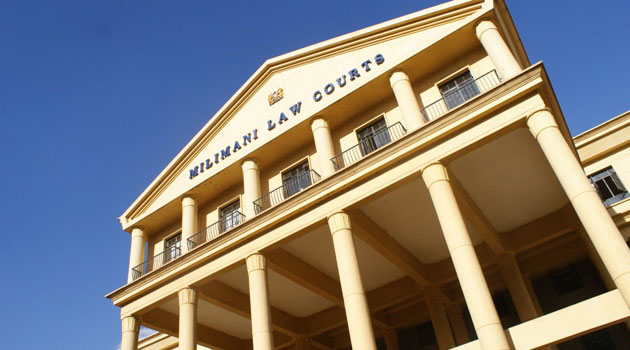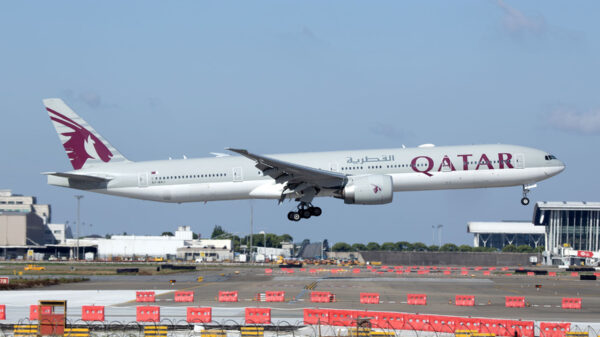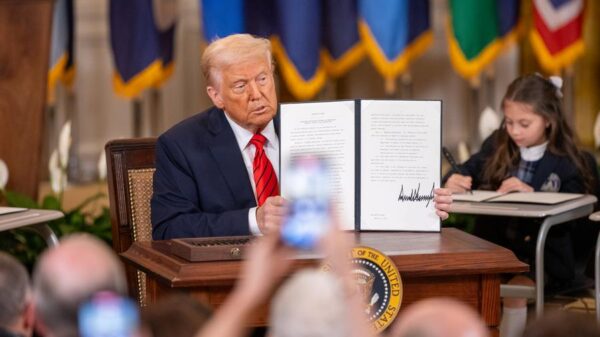
Midiwo claimed that most of the institutions were known to circumvent the law to avoid paying taxes/FILE
This emerged as the House commenced debate on the Value Added Tax Amendment Bill which seeks to exempt more goods from the VAT bracket, which would ideally reduce their cost and cushion the poor.
Midiwo claimed that most of the institutions were known to circumvent the law to avoid paying taxes.
“Let us help the government to widen the tax bracket, and for example bring the churches and crusaders who own a majority of matatu on the streets of Nairobi and they pay tax to nobody under the guise of being religious organisations. Such people must be brought to the tax bracket,” he said.
The Gem MP however said that money received during the church services and their collections should remain tax exempt.
“They should not be allowed to do harambees to build high-rise buildings like the one opposite the Intercontinental Hotel and be tax exempt and expect the rest of us to make money somewhere else and keep paying sadaka (offering).”
Suba MPs John Mbadi who has been heading the proposal wants the Act amended to exempt all forms of processed milk, bread, vegetables, insecticides, fungicides, herbicides and disinfectants, ambulances, hearses and fishing nets of manmade textile materials.
“If amending the VAT Act to exempt more items which are considered basic is not of concern to Kenyans I don’t know what is,” Mbadi added. “This House therefore has a challenge to rise to the occasion and help in reducing the cost of living which has sky rocketed over the last few months.”
The VAT Act, which came into effect on September 3, imposes a 16 percent duty on goods and services which were previously zero-rated or exempted.
Some MPs called upon their Jubilee Coalition counterparts to adopt a bipartisan approach and support the amendments.
The CORD sponsored amendments want households using 200 kilowatt hours of electricity or less to be exempted from tax.
It also seeks have services and goods supplied to the Rural Electrification Authority to be zero-rated in amendment proposals targeting the VAT Act.
If the National Assembly passes the Bill, M-PESA transactions below Sh10,000 will be exempt from taxation.
The proposed law seeks to exempt infant milk, processed milk, mosquito and fishing nets, insecticides, fungicides and herbicides from VAT.
Other goods and services proposed to be exempted from taxation include vegetable, newspapers, journals, postal and water drilling services.
“I have been castigated for bringing books back to the exempt list, but it is because I believe that those who are using exercise books to write in this country are the poor. Those who are not poor don’t use books and if you use (exercise) books, you are called analogue,” said Mbadi.




















